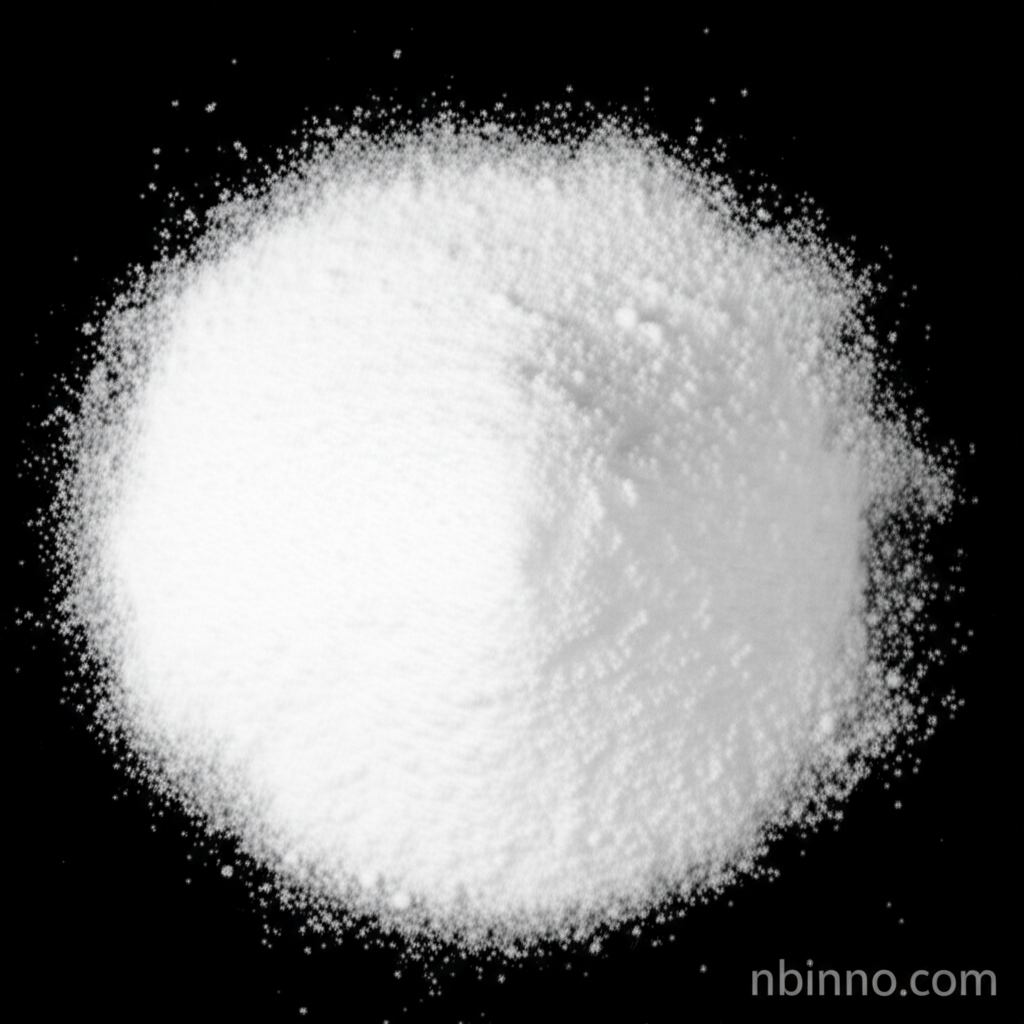Sodium Aescinate: Targeting Microglia Activation for Neuroprotection
Discover how Sodium Aescinate inhibits microglial activation via the NF-κB pathway to offer neuroprotection.
Get a Quote & SampleProduct Core Value

Sodium Aescinate
Sodium Aescinate is a potent pharmaceutical compound with significant anti-inflammatory and neuroprotective capabilities. Its primary mechanism of action involves the inhibition of microglia activation, a key contributor to neuroinflammation and neuronal damage. This compound plays a crucial role in modulating the body's response to injury and disease within the central nervous system.
- Investigating the sodium aescinate mechanism of action reveals its ability to suppress the NF-κB pathway, a critical regulator of inflammatory responses.
- The anti-inflammatory effects of sodium aescinate are well-documented, making it a valuable agent for conditions characterized by excessive inflammation.
- Studies on sodium aescinate in traumatic brain injury models highlight its efficacy in promoting neuroprotection and reducing secondary damage.
- Understanding how to inhibit microglia activation using agents like sodium aescinate is crucial for developing new therapeutic strategies for neurological disorders.
Key Advantages
Targeted Inflammation Control
Sodium Aescinate effectively targets and inhibits microglia activation, a primary driver of neuroinflammation, thereby offering a precise approach to managing neurological conditions.
Enhanced Neuroprotection
By modulating the NF-κB pathway, Sodium Aescinate provides significant neuroprotection, safeguarding neurons from damage in response to injury or disease.
Versatile Therapeutic Potential
The compound's ability to exert anti-inflammatory effects and protect against conditions like traumatic brain injury underscores its broad therapeutic applications in neuroscience.
Key Applications
Neuroinflammation Management
Sodium Aescinate is a promising agent for managing neuroinflammation by directly targeting activated microglia and suppressing pro-inflammatory signaling.
Traumatic Brain Injury Recovery
Its neuroprotective properties make Sodium Aescinate a valuable component in therapies aimed at mitigating damage and promoting recovery following traumatic brain injury.
Chronic Neurological Diseases
The research on Sodium Aescinate's ability to modulate the NF-κB pathway suggests its potential utility in treating chronic neurological conditions driven by persistent inflammation.
Pharmacological Research Tool
As a compound that inhibits microglia activation and impacts the NF-κB pathway, Sodium Aescinate serves as a critical research tool for understanding neuroinflammatory processes.
